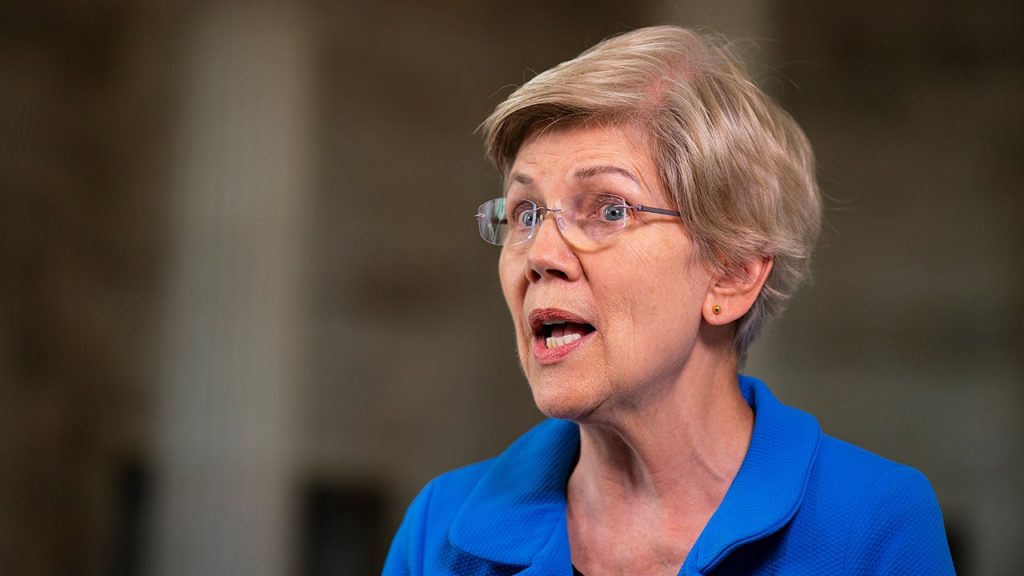Sen. Elizabeth Warren, D-Mass., is urging her fellow Democrats to take a strong stance on tax policy as the expiration of part of the Trump-era tax cuts in 2025 approaches. During an event focused on equitable and pro-growth tax reform, Warren emphasized the need for tax reforms to target corporations. She argued that large corporations should pay higher taxes, billionaires should have a higher tax rate than middle-class families, and wealthy tax cheats should feel the pressure of the IRS having adequate enforcement resources.
Warren is firm in her belief that Democrats should not compromise too much on their tax reform goals. She highlighted that it is not a good deal to settle for a little money for poor children or a modest tax cut for the middle class while the wealthiest individuals continue to benefit from billions in tax breaks. She also expressed her opposition to renewing the Trump tax cuts, stating that it is better to let them expire than to support another round of tax benefits for America’s billionaires. Many Republicans are aiming to renew the tax cuts, setting up a clash of tax policy directions between the two parties.
In addition to advocating for tough tax policies against corporations and the wealthy, Warren criticized a tax framework that Sen. Ron Wyden, D-Ore., has been working on with Rep. Jason Smith, R-Mo. She accused Republicans of sabotaging the potential bipartisan tax deal by expecting to gain more advantages in the following year, while expressing doubt that Democrats have the backbone to resist their demands. Warren’s push for Democrats to stand firm on tax priorities aligns with the upcoming meeting of the Senate Finance Committee’s Democrats, who are expected to strategize for 2025.
President Biden, who is seeking re-election, has stated his intention to allow the expiration of Trump’s tax cuts in 2025 and to raise taxes on higher income individuals and companies. This aligns with Warren’s stance on tax policy, although her specific criticisms of her own party’s handling of tax negotiations suggest a deeper divide within the Democratic ranks. Despite the support for Warren’s positions within the party, her office did not respond to requests for comment on the matter, leaving open questions about the extent of unity and coordination among Democrats on tax policy priorities.


